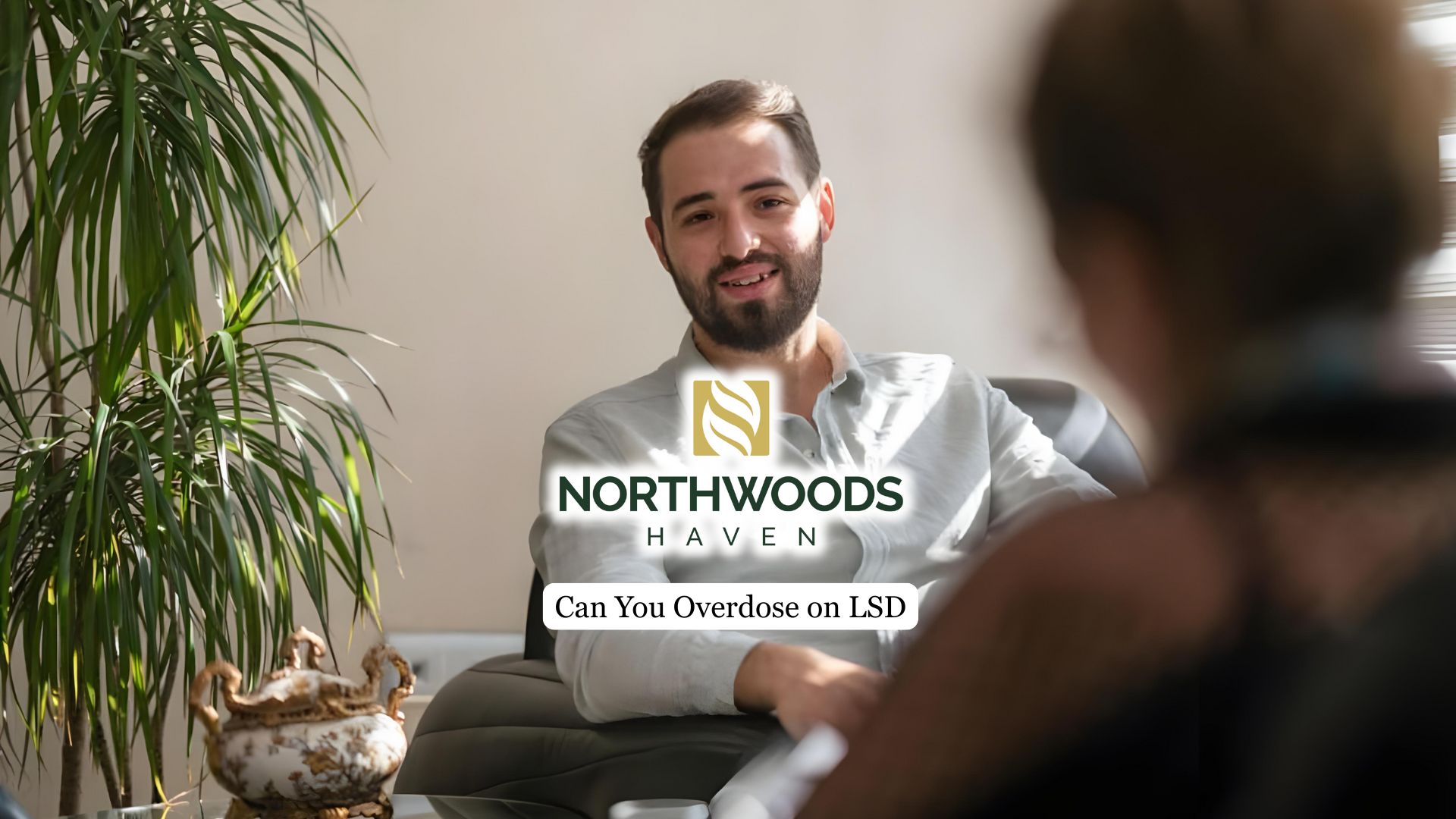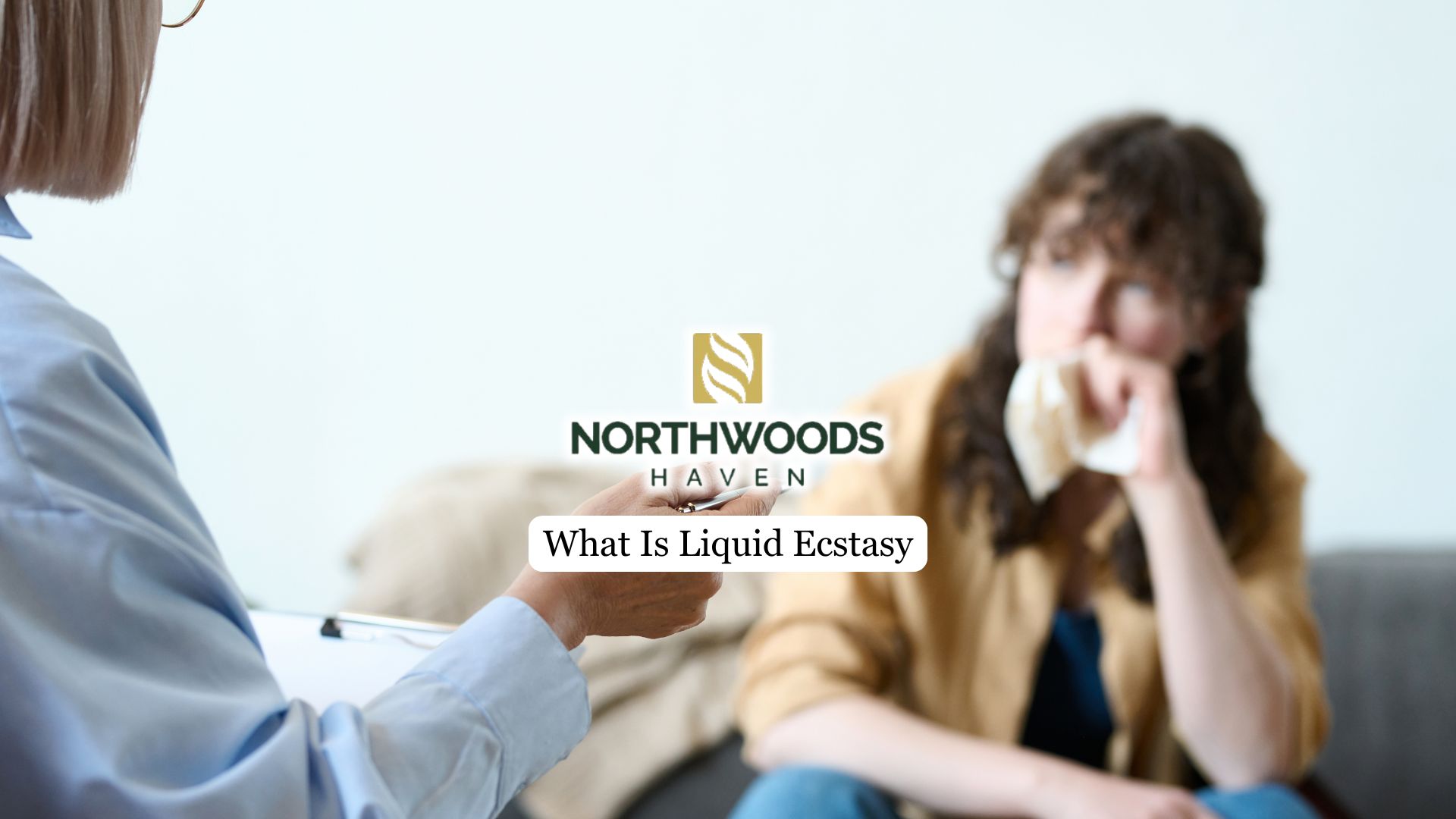Lysergic acid diethylamide (LSD), commonly known as “acid,” is a highly potent psychedelic drug that profoundly alters thoughts, emotions, and sensory perceptions. You might have heard that LSD is one of the “safer” recreational drugs, but that does not mean it’s risk-free. While LSD is not considered addictive, it can lead to adverse psychological reactions.
In this article, you will learn what happens when you go overboard with LSD and how dangerous it can become.
How Does LSD Affect the Body and Mind?
When you take LSD, it primarily works by affecting serotonin levels in your brain—a neurotransmitter that regulates mood, cognition, and perception. After ingestion, usually via tabs, liquid, or capsules, you will often experience vivid visual and auditory hallucinations, altered sense of time, and intensified emotions. These effects, known as a “trip,” can last anywhere from 6 to 12 hours.
The intensity and nature of your experience depend significantly on your dosage, surroundings, individual psychology, and current mental health.
Physically, LSD use can cause increased heart rate, elevated blood pressure, dilated pupils, sweating, chills, nausea, tremors, and muscle tension. Psychologically, the experience can range from euphoria and spiritual insight to confusion, fear, and paranoia.
Some users may have what is known as a “bad trip,” characterized by terrifying hallucinations, panic, and a sense of losing control. While LSD is not considered physically addictive, it can lead to psychological dependence due to the intensity of its effects. Psychological dependence manifests through compulsive drug-seeking behavior and obsessive thoughts about obtaining the substance. You will continue using the substance despite adverse consequences.
Is It Possible to Overdose on LSD?
It is possible to overdose on acid, but the nature of an LSD overdose is different from that of other drugs like opioids or stimulants.
Technically, LSD is a toxin, and consuming very high doses can overwhelm the body’s systems. However, fatal overdoses from pure acid are extremely rare because the drug is typically taken in microgram quantities, and the lethal dose is much higher than what is commonly consumed.
Most LSD overdoses do not result in organ failure or immediate death, but they can cause severe psychological and physical distress. The threshold for experiencing overdose-like symptoms is around 300 micrograms, but individual sensitivity varies widely. Overdoses are more likely to lead to dangerous behaviors or psychological crises rather than direct physical toxicity.
Although overdose is quite rare, regular use can rapidly lead to tolerance, requiring higher doses to achieve the same effects. Some key psychological signs of addiction to LSD include persistent hallucinations, severe mood swings, and paranoia, which can occur even when not actively under the influence of the substance.
Our LSD addiction treatment in Minneapolis, MN helps individuals overcome substance abuse with the help of evidence-based therapies, mental health support, and relapse prevention. The treatment focuses on addressing the psychological and behavioral challenges associated with hallucinogen use, as this substance does not typically cause physical dependence but can lead to significant psychological dependence and mental health issues.
Symptoms of an LSD Overdose
An LSD overdose manifests primarily through intense psychological and physical symptoms. Common physical signs include:
- Rapid heart rate
- High blood pressure
- Dilated pupils
- Sweating or chills
- Nausea and vomiting
- Muscle tremors or stiffness
- Fever
- Seizures (rare)
- High body temperature (hyperthermia)
- Arrhythmias (irregular heartbeat)
- Respiratory distress (rare)
Meanwhile, psychological symptoms manifest through:
- Intense paranoia
- Panic attacks
- Overwhelming hallucinations
- Delusions
- Extreme agitation or restlessness
- Loss of control over thoughts and actions

In severe cases, you may experience convulsions, coma (very rare), or even respiratory failure. The psychological effects can be hazardous, as they may lead to risky behaviors, self-harm, or accidental injury.
How Dangerous Is an LSD Overdose?
While LSD overdose is rarely fatal, it can still be hazardous. The most significant risks stem from the psychological effects, which can lead to unpredictable and unsafe behaviors. For example, if you experience delusions or intense hallucinations, you may wander into traffic, attempt self-harm, or inadvertently harm others.
Additionally, because LSD is often sold on the black market, there is a risk of contamination or adulteration with more dangerous substances, such as 25I-NBOMe, which can be lethal even in small amounts.
Long-term risks of an LSD overdose include persistent psychosis or loss of contact with reality and lasting mental health issues such as anxiety or depression.
What to Do in Case of Suspected LSD Overdose?
An LSD overdose is a medical emergency that requires prompt intervention to prevent serious complications. It is essential to seek professional help immediately.
Medical professionals may provide supportive care, including IV fluids, medications to control agitation or seizures, and continuous monitoring of vital signs. Most symptoms will resolve as the drug leaves the system, but professional support can help ensure safety and reduce the risk of lasting harm.
Final Thoughts from Northwoods Haven Recovery
While LSD itself is unlikely to cause a lethal overdose, its unpredictable effects and the potential for psychological distress or dangerous actions highlight the importance of caution and awareness.
At Northwoods Haven Recovery, we offer an outpatient treatment program designed to address the unique challenges associated with LSD addiction and provide a path toward recovery. Our outpatient care enables you to balance your daily responsibilities while participating in structured therapy sessions, group support, and holistic wellness activities, including mindfulness, yoga, and meditation. This approach not only targets the symptoms of LSD addiction but also promotes overall well-being and resilience.



